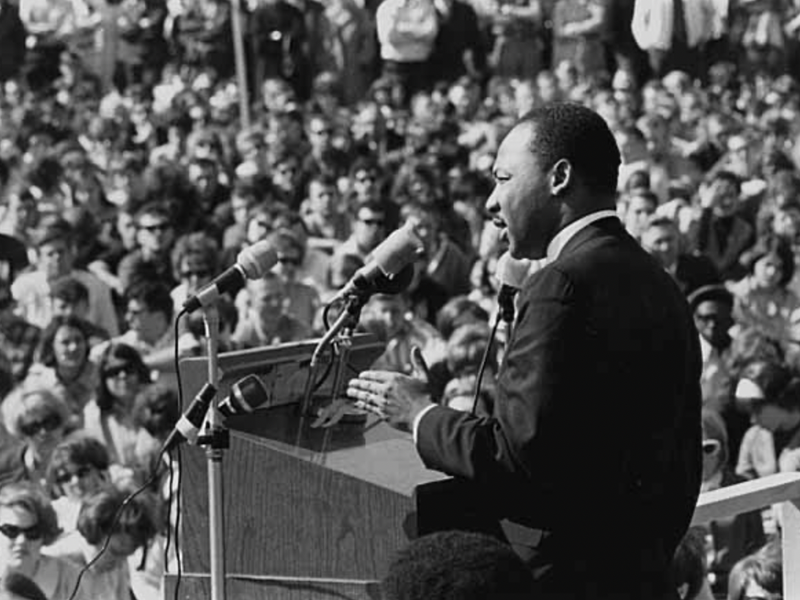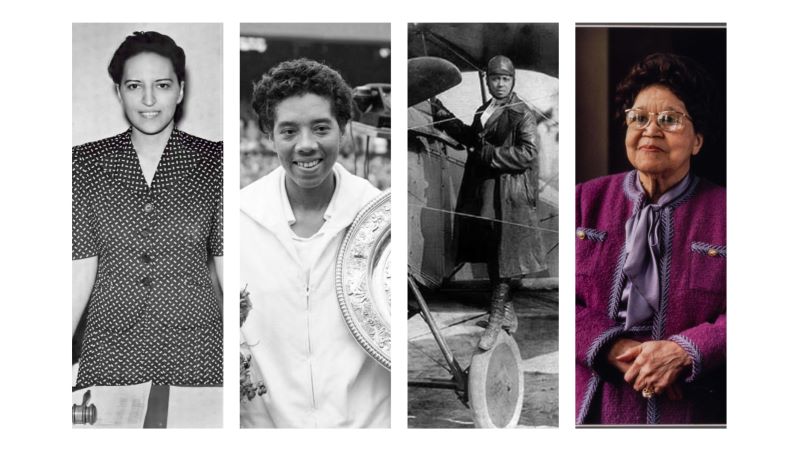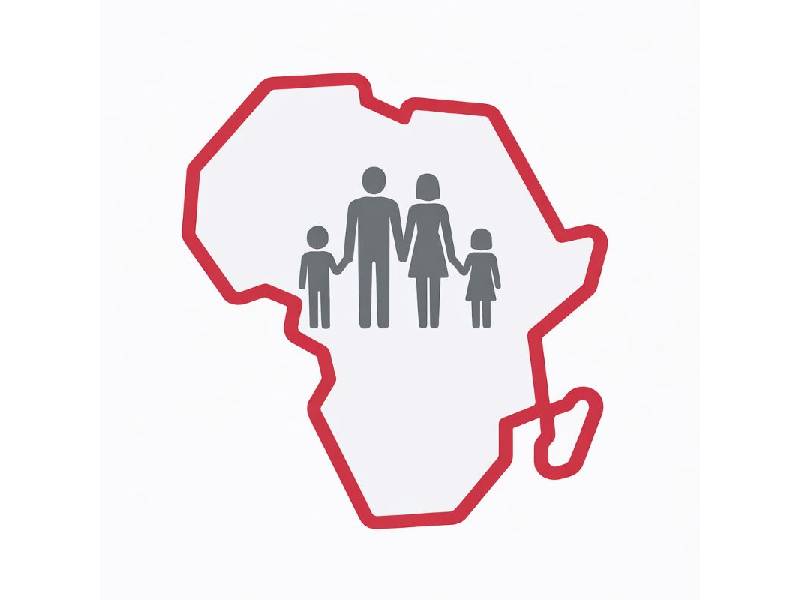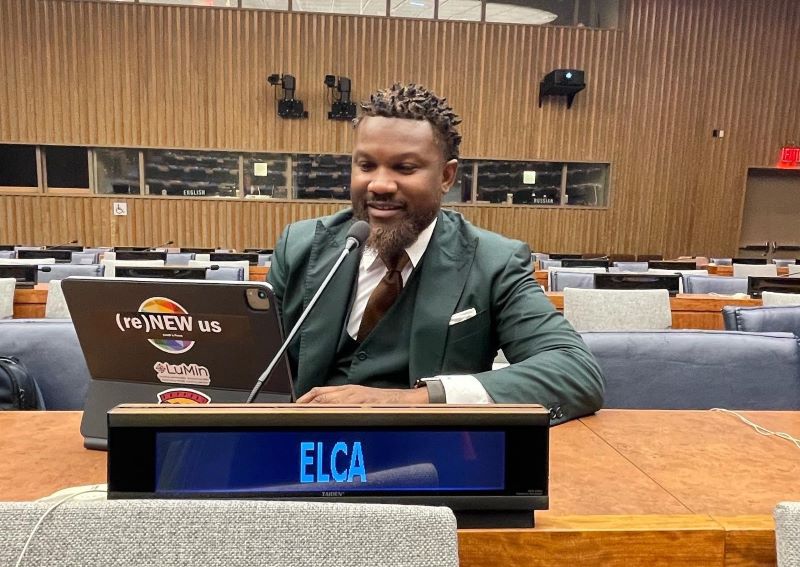Change does not roll in on the wheels of inevitability, but comes through continuous struggles” – Martin Luther King, Jr.
The toils of civil rights leaders have birthed many benefits, not for only African Americans, but for people of color and other marginalized groups in the United States. In October 1967, Dr. Martin Luther King Jr., an Atlanta-based preacher and activist who played pivotal roles in the Civil Rights Act of 1964 and the Voting Rights Act of 1965, asked Philadelphian students at Barratt Junior High School “What is your life’s blueprint?” This question, important and multifaceted in its quest for answers, speaks to dignity, intergenerational wealth, the pursuit of economic freedom, and access to upward economic mobility.
In the spirit of economic justice, FunTimes Magazine celebrates Martin Luther King Day by honoring Dr. King’s economic justice work and presenting a toolkit to promote economic mobility.
Martin Luther King Jr., known for his civil rights activism, worked for reform in social justice, racial discrimination, and economic mobility sectors. His efforts towards the March on Washington for Jobs and Freedom in 1963 catalyzed other freedom-seeking endeavors, and in addition to garnering over 250,000 marchers, contributed greatly to the 1964 Civil Rights Act.
In 1968, King, as part of the Southern Christian Leadership Conference (SCLC), created the Poor People’s Campaign, with the goal of improving the living conditions of impoverished communities who suffered with housing and employment disparities. In anticipation of an April 4th, 1968 sanitation strike march in Memphis, Tennessee, a day before his assassination, Dr. King delivered the timeless ‘I’ve Been to the Mountaintop’ speech.
In his last speech, he said:
“There are thirteen hundred of God’s children here suffering, sometimes going hungry, going through dark and dreary nights wondering how this thing is going to come out. That’s the issue. And we’ve got to say to the nation: We know it’s coming out. For when people get caught up with that which is right and they are willing to sacrifice for it, there is no stopping short of victory.”
The legacy and impact of Dr. King continues to live on, and examining the current state of the nation’s economy and economic mobility strategies may help communities place themselves in the driver’s seat of change in their lives.
In 2017, CareerBuilder released survey results that stated 78% of Americans in the workforce reported living paycheck to paycheck. The ongoing COVID-19 pandemic has undoubtedly worsened existing poverty levels in the world, and with little to no savings, many Americans who have long been on the brink of a financial crisis were pushed over the edge.
In Philadelphia, the poorest major city in America, 23.3% of the city lived in poverty in 2019. Poverty-related issues in major cities like Philadelphia are deadly and include lack of access to healthcare, drug crises, gun violence, and more.
The main barriers to economic mobility that communities face include racism, segregation, access to earning livable incomes, disability, inflation, and some would argue, automated technology. Overcoming the aforementioned barriers will require corrective policy change initiatives in sectors including housing, labor, and more. Advocating for reform is necessary labor that has proved beneficial through the work of civil rights leaders like Dr. King, and the economic power of the people is not to be underestimated, as witnessed in the legendary Montgomery Bus Boycott of 1955.
Here are some tools individuals can assess to develop upward economic mobility.
Building social capital can be a gateway to social mobility. Social capital is defined by the Economic Times as “the value of social relationships and networks that complement the economic capital for economic growth”. For youth, this may mean seeking experience and network-building endeavors such as internships or volunteering and joining niched networking communities. Learn more about the Young Professionals Council of Philadelphia. Learn how to build social capital.
Accessing financial assistance like educational scholarships for students and business grants may catalyze economic mobility. Explore the Philadelphia Education Fund’s Philadelphia Scholars Program. Explore the Community College of Philadelphia’s Adult Education Programs. Check out loans and savings programs at the Philadelphia-based organization Women’s Opportunity Resource Center (WORC).
Increasing highly valued skills may help individuals earn higher-paying and more flexible jobs. Explore high-income skills.
Investing in assets like adult education pathways, job training and more has been proven to link to single mothers’ accessing economic mobility, as evidenced in a study by the University of Illinois, Urbana-Champaign. An asset is defined by Investopedia as a resource that has current, future or potential economic benefit for an individual or entity. Learn about wealth-building assets.
Cultivating financial literacy like budget curation, building good credit, financial goal setting and saving may be a game-changer. It is never too late or too early to improve and put to use financial literacy skills. Learn financial wellness tips.
What tools for catalyzing economic mobility do you suggest? Comment below.
Works Cited
https://www.rockefellerfoundation.org/blog/martin-luther-king-jr-and-his-push-for-economic-justice
https://projects.seattletimes.com/mlk/words-blueprint.html
https://kinginstitute.stanford.edu/encyclopedia/memphis-sanitation-workers-strike
https://www.britannica.com/topic/Poor-Peoples-March
https://www.afscme.org/about/history/mlk/mountaintop
https://www.yalelawjournal.org/forum/civil-rights-strategies-to-increase-mobility
https://economyleague.org/providing-insight/leadingindicators/2020/12/16/phlpov19
https://www.nytimes.com/2022/01/11/technology/income-inequality-technology.html
https://www.inquirer.com/columnists/philadelphia-poverty-causes-solutions-mark-zandi-20200126.html
https://scholarworks.wmich.edu/jssw/vol33/iss4/10
https://www.nytimes.com/2021/10/15/business/economy/rent-inflation.html
https://scholarworks.wmich.edu/jssw/vol33/iss4/10
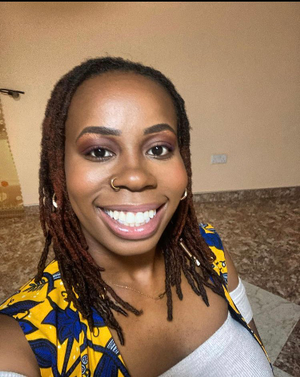
Nana Ama Addo is a writer, multimedia strategist, film director, and storytelling artist. She graduated with a BA in Africana Studies from the College of Wooster, and has studied at the University of Ghana and Kwame Nkrumah University of Science and Technology. Nana Ama tells stories of entrepreneurship and Ghana repatriation at her brand, Asiedua’s Imprint ( www.asieduasimprint.com ).

